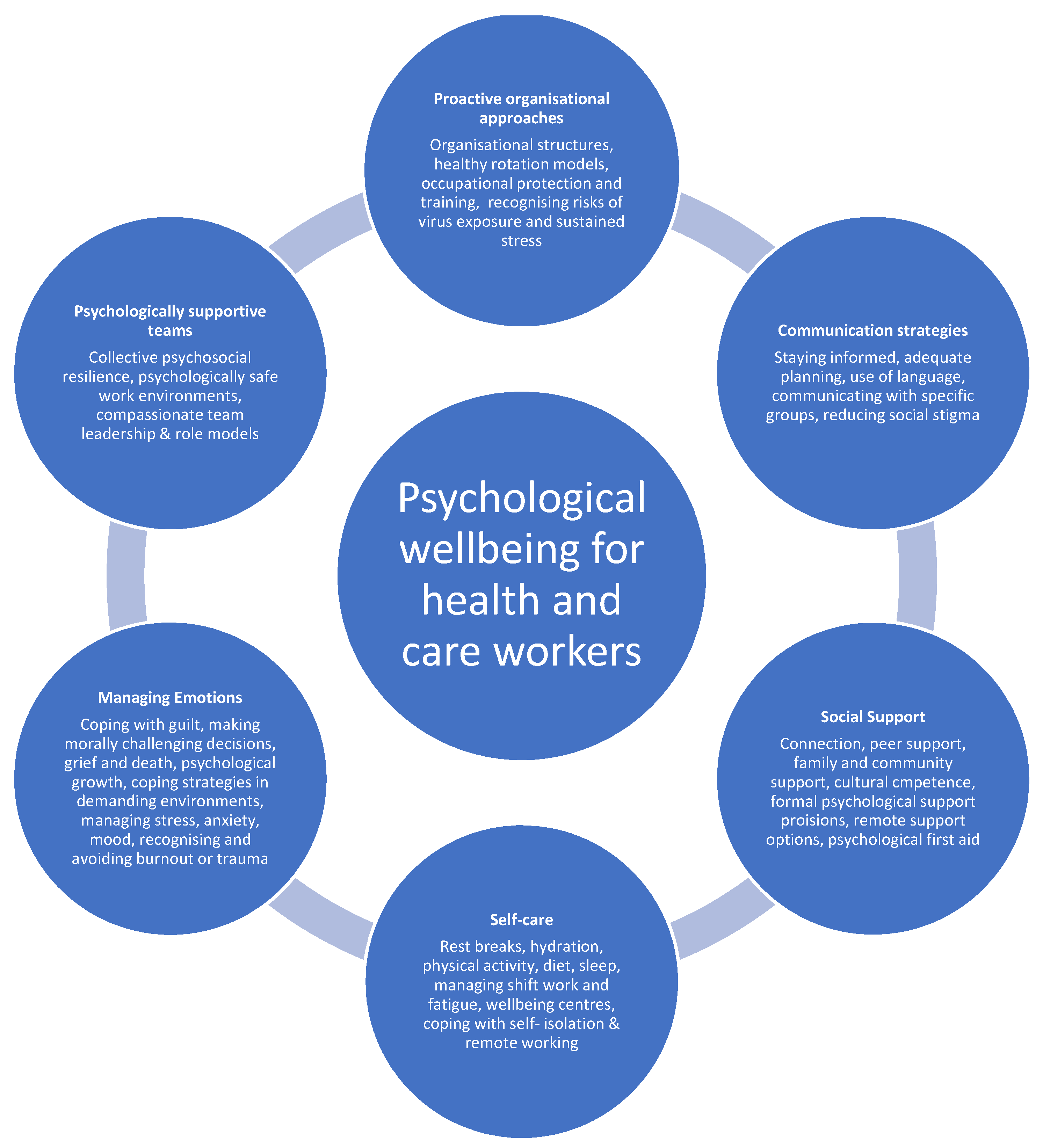

Nurturing Mental Wellbeing Amidst Global Pandemic Challenges
Understanding the Impact: A Global Mental Health Crisis
The ongoing global pandemic has not only posed a threat to physical health but has also triggered a widespread mental health crisis. The uncertainties, isolation, and constant barrage of distressing news have taken a toll on the mental wellbeing of individuals worldwide. It is imperative to delve into the multifaceted aspects of this crisis and explore strategies for fostering mental resilience.
The Isolation Dilemma: Coping with Social Distancing
One of the most significant challenges to mental wellbeing during the pandemic has been the imposition of social distancing measures. The lack of physical connection with friends, family, and support networks has led to feelings of loneliness and isolation. Exploring alternative ways to maintain social connections, such as virtual gatherings or outdoor activities, becomes crucial in mitigating the adverse effects of isolation.
Workplace Struggles: Balancing Productivity and Wellbeing
Remote work, though a necessary response to the pandemic, has introduced a new set of challenges. The blurred boundaries between work and personal life, along with the absence of traditional workplace interactions, have impacted mental health. Employers and employees alike must prioritize mental wellbeing, fostering a supportive work environment that acknowledges the challenges and implements measures to address them.
Educational Disruptions: Navigating Learning Challenges
For students of all ages, the shift to remote or hybrid learning has disrupted familiar routines and social interactions. The challenges of adapting to new learning formats, concerns about academic progress, and the absence of in-person socialization contribute to heightened stress levels. Educational institutions play a crucial role in supporting students by implementing strategies that prioritize mental health and provide necessary resources.
Media Consumption: Finding a Balance in Information Intake
While staying informed is crucial, constant exposure to pandemic-related news can contribute to anxiety and stress. Individuals need to find a balance in their media consumption, being mindful of the impact that excessive exposure to distressing information can have on mental wellbeing. Establishing designated times for news updates and focusing on positive and uplifting content can contribute to a healthier mindset.
Coping Mechanisms: Strategies for Mental Resilience
In the face of these challenges, individuals are encouraged to explore and adopt coping mechanisms that promote mental resilience. Practices such as mindfulness, regular physical exercise, and maintaining a consistent daily routine can significantly contribute to overall wellbeing. Seeking professional support through therapy or counseling is also a valuable resource for those navigating heightened levels of stress or anxiety.
Community Support: Building a Network of Care
Communities play a pivotal role in supporting mental wellbeing during the global pandemic. Establishing and nurturing connections within the community creates a network of care that can provide emotional support and practical assistance. Community-based initiatives, whether virtual or in-person when possible, contribute to a sense of belonging and shared resilience.
Addressing Stigma: Encouraging Open Conversations
Reducing the stigma surrounding mental health is essential for fostering a supportive environment. Encouraging open conversations about mental wellbeing and normalizing seeking help are crucial steps in breaking down barriers. When individuals feel comfortable discussing their mental health, it contributes to a culture of understanding and compassion.
Government Initiatives: Prioritizing Mental Health Policies
Governments and policymakers play a crucial role in addressing the mental health impact of the global pandemic. Prioritizing mental health in public health policies, allocating resources for mental health services, and promoting awareness campaigns contribute to a comprehensive approach in supporting the population’s mental wellbeing.
Moving Forward: A Collective Commitment to Mental Health
As the world continues to navigate the challenges of the global pandemic, prioritizing mental wellbeing is not only an individual responsibility but a collective commitment. By fostering resilience, supporting one another, and advocating for mental health on a global scale, we can work towards creating a more compassionate and resilient world.
To learn more about promoting Mental Wellbeing in the Global Pandemic, visit The Healthy Consumer.







